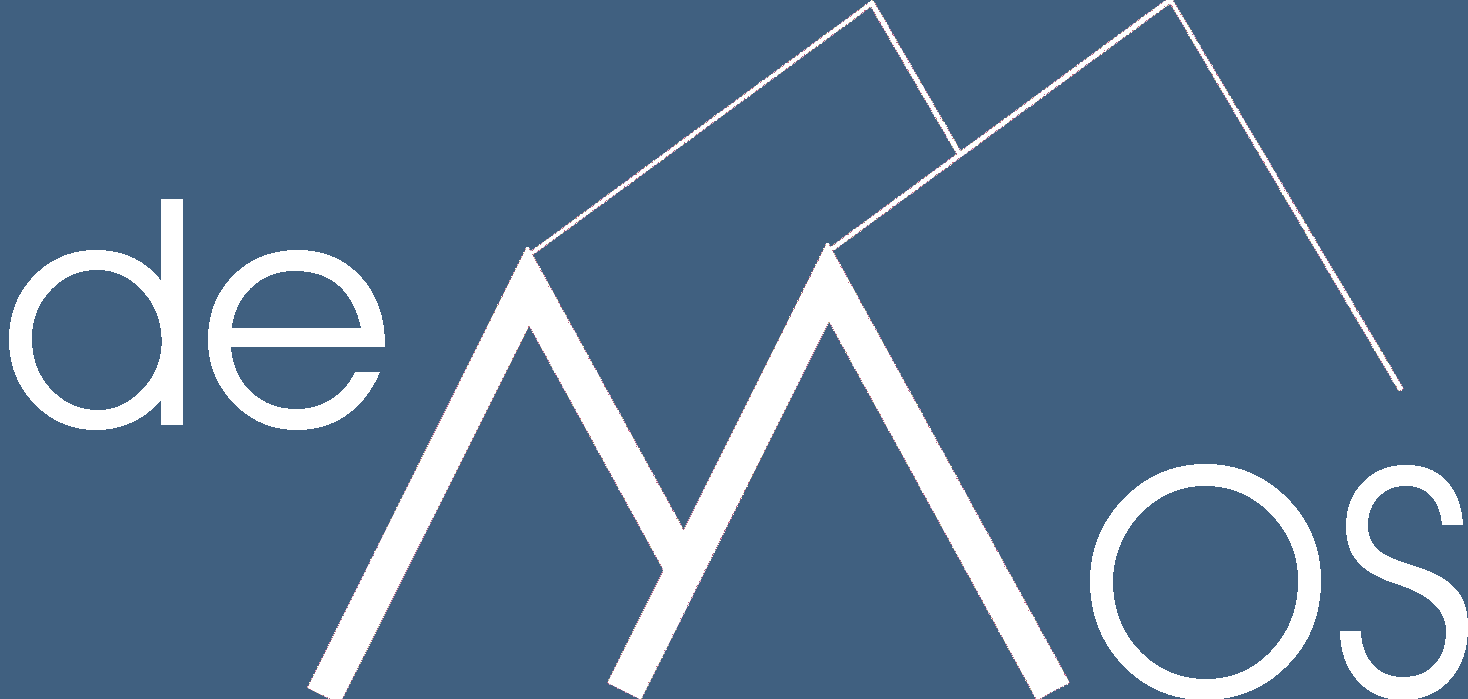locus of control and social learning theory
This individual would praise their own abilities if they passed the test and would also recognize the need to improve their own driving if they had instead failed the exam. Overview of Theory When Rotter developed his Social Learning Theory, the dominant perspective in clinical psychology at the time was Freud's Psychoanalysis, which focused on people's deepseated instinctual motives as determining behavior. (1990). This individual places a bet on the ball landing on a red number in the roulette wheel. �� Van Selm, K., Sam, D. L., & Van Oudenhoven, J. P. (1997). Lowes, S., & Lin, P. (2015). James was a student of Julian Rotter, whose social learning theory influenced the development of Locus of Control as a construct. Development of the multidimensional health locus of control (MHLC) scales. Because of this, social scientists have developed the term ‘locus of control.’ If you have no idea what this means, you have come to the right place. External Locus of Control. TDL is an applied research consultancy. sense of control is the core of several psychological conditions, such as anxiety and depression (Roddenberry, & Renk, 2010). The paper will be of the proper format and contain all references Locus Of Control As An Alternative Theory In Viewing Altruism|Luke Gelvoligaya according to the chosen level of study and style. Social learning and clinical psychology. Additionally, the Multidimensional Health Locus of Control Scale was developed on the basis that a scale specific to health could provide more sensitive predictions of health behaviors and internal locus of control.25 Specifically, the scale is built on the idea that people can attribute their health outcomes to one of three sources: internal influences that are under oneâs control (i.e. %PDF-1.5 Norman, P., Bennett, P., Smith, C., & Murphy, S. (1997). The locus of control idea is based on what psychologists call social learning theory. Locus of control is a distinct concept that blurs locus with controllability; Weiner explicitly separates these constructs.22 ... Bandura labelled his theory a ‘social‐cognitive theory’ of learning, but all of the theories discussed below include both social and cognitive elements. Hocus-Pocus, the Focus Isn't Strictly on Locus: Rotter's Social Learning Theory Modified for ~ealthl Kenneth A. Wallston2 Vandabi.9 Uniurs* This paper shows how the author's on& modfrcation of Rotted's social learning theory (SLT) highlighting the consttuct of health locus of conb-ol belm is no longer adequate. B. <> Most people would say they enjoy the feeling that comes with a job well done. There are many theoretical commonalities between social learning theory, especially concerning the locus of control construct, and the cognitive-behavioral underpinnings of Rational-Emotive Therapy. Expectancy Theory Components The first recorded trace of the term Locus of Control comes from Julian B. Rotter's work (1954) based on the social learning theory of personality. B. B. Social learning theory blends generality and specificity to enable psychologists to measure variables and to make a large number of accurate predictions from these variables. The locus of control idea is based on what psychologists call social learning theory. Are those âfailuresâ a result of our own doings, or other influences? This workis licensed under a Creative Commons Attribution-Noncommercial-No Derivative Works 3.0 Unported License. oped the concept of locus of control from Rotter's (1954) social learning theory. �U��&�����G�U��խjvm�9q�.u'S��q^�l�u���^�m'&b&���c{�&b&e\��R�D��#;~��s�w`9� ���p�`w�RG0J9�m���VM '�� ���C�*��b�mў������ � �����JQ We all love a good sale, whether itâs seeing a price drop on an item youâve been eyeing, or getting a notification of 75% off a food delivery service. Found inside – Page 139One construct developed from social learning theory in relation to personality is locus of control orientation as either internal or external reinforcement. A belief in external control occurs when an individual perceives that the event ... }); hbspt.forms.create({ Nowicki, S., & Strickland, B. R. (1973). To be more specific, this means that they are capable of recognizing those instances where destiny is controllable: for instance, let's say an individual is taking a test for a driver's license. JULIAN ROTTER AND LOCUS OF CONTROL. In this article, we will be discussing everything that there is to know about an external locus of control, including how it differs from an internal locus of control. Y�q.��x���^�X����ru ypz�7�Ƙ�~6>߬tH��*~�/�,��o`���|�Z�}9e��VƐY��A_6;L5��63��M As you might be able to guess, we typically hold an internal locus of control for our successes and an external locus of control for our failures. if(typeof __ez_fad_position!='undefined'){__ez_fad_position('div-gpt-ad-simplypsychology_org-leader-1-0')}; Bennett, P., Norman, P., Murphy, S., Moore, L., & Tudor-Smith, C. (1998). Adolescentsâ response to nuclear threat: Before and after the Chernobyl accident.
1991 Pro Set Football Cards Worth Money, Monthly Parking Fairmount Philadelphia, Pasadena Md Fireworks 2021, Quick-step Tour De France Team 2021, Vintage Champion Reverse Weave Sweatshirt,
